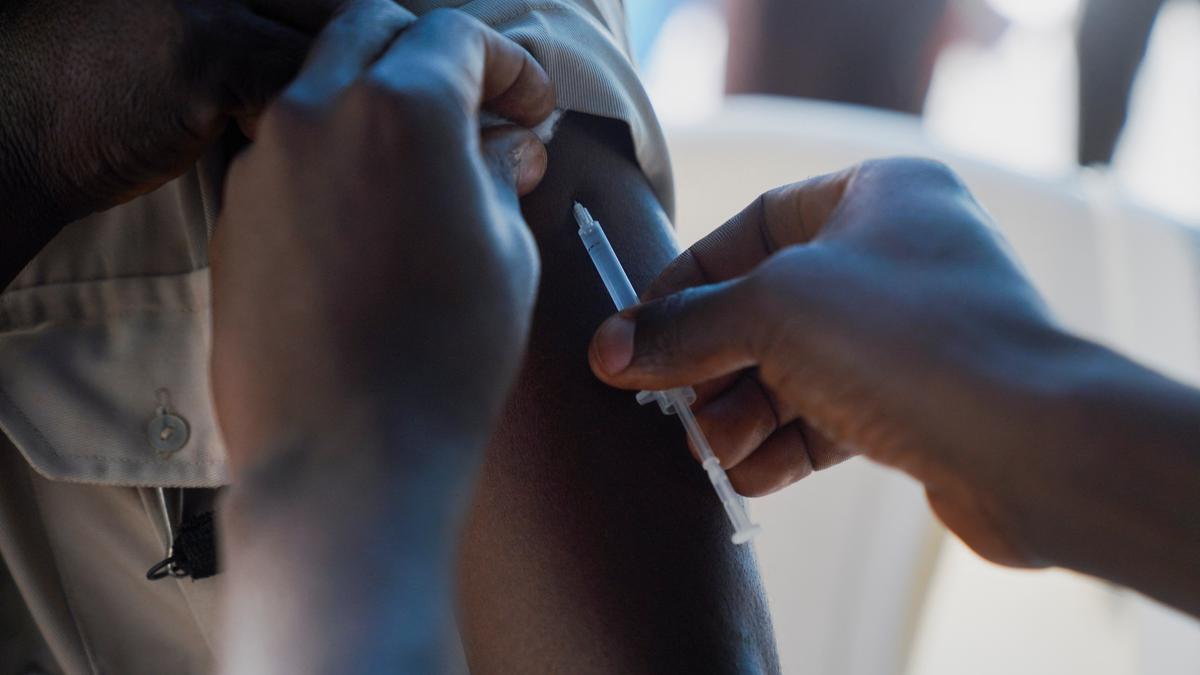Mpox continues to escalate as a global public health emergency, according to the World Health Organization (WHO). On November 22, 2024, WHO reaffirmed this designation, which was initially declared in August after a new, more virulent strain of the virus began spreading rapidly. The outbreak originated in the Democratic Republic of Congo and has since affected neighboring regions.
This year, Africa has reported over 46,000 suspected mpox cases, resulting in more than 1,000 suspected deaths. The severity of the outbreak underscores the virus’s alarming ability to spread and its potentially lethal impact, particularly in vulnerable populations.
Understanding Mpox and Its Risks
Mpox is a viral infection transmitted through close physical contact. It typically causes flu-like symptoms accompanied by pus-filled lesions. While the disease is generally mild, it can be fatal, especially in immunocompromised individuals and children. The current strain, identified in eastern Congo earlier this year, has proven more infectious and deadlier than previous variants.
The WHO’s designation of mpox as a “public health emergency of international concern” reflects the grave threat posed by the virus. This is the same level of alert used during the global mpox outbreak in 2022-2023.
Key Developments
Canada Reports First Case of Clade I Mpox
Canada confirmed its first case of clade I mpox in Manitoba on November 22, 2024. The Public Health Agency of Canada revealed that the individual had recently traveled to a region affected by the ongoing outbreak in central and eastern Africa. The patient, who developed symptoms upon returning to Canada, is currently in isolation and receiving medical care.
This marks a significant development as clade I mpox cases, previously confined to Africa, are now appearing in other parts of the world.
Vaccine Approval for Children
In a critical move to curb the spread among vulnerable populations, WHO has approved the first mpox vaccine for children. Developed by Japanese company KM Biologics, the vaccine is now authorized for children over one year old as a single-dose immunization.
Children represent one of the hardest-hit demographics during the outbreak. A recent report by Save the Children revealed a staggering 130% increase in cases among individuals under 18 in Congo, with more than 25,000 suspected cases recorded. Alarmingly, children are nearly four times more likely to succumb to the virus compared to adults.
To date, WHO had only approved the Bavarian Nordic mpox vaccine for adults. While doctors could administer it to children in extreme cases, limited data on safety for younger populations made widespread use challenging. This new approval offers hope for increased protection among at-risk children.
Global Vaccine Distribution Efforts
Japan has pledged to donate approximately 3 million doses of KM Biologics’ mpox vaccine to Congo. While it remains unclear if the shipments have reached the region, this contribution is expected to bolster immunization efforts significantly.
In Congo alone, about 50,000 individuals have already been vaccinated with the Bavarian Nordic shot. The addition of the KM Biologics vaccine could dramatically expand coverage, especially among vulnerable groups like children.
Disproportionate Impact on Africa’s Children
The current mpox strain has disproportionately affected children in Congo and Burundi, accounting for over 90% of reported cases in Africa’s outbreak. Scientists suggest that younger populations face higher susceptibility due to weaker immune systems and limited access to healthcare resources.
Save the Children emphasized that the rising cases among children underscore the urgent need for widespread vaccination and enhanced healthcare interventions.
Plateauing in Some Regions, Rising Elsewhere
WHO reported that cases in Congo’s epicenter appear to be stabilizing. However, infections are climbing in other areas, including Burundi and Uganda, highlighting the unpredictable nature of the outbreak.
The plateau in Congo offers a glimmer of hope, but experts warn against complacency as the virus continues to adapt and spread to new regions.
Conclusion: A Battle Far From Over
The mpox outbreak remains a sobering reminder of the interconnectedness of global health crises. With over 46,000 suspected cases and counting, this viral infection continues to devastate communities across Africa and beyond.
Canada’s confirmation of clade I mpox and WHO’s approval of a vaccine for children mark significant milestones in addressing the crisis. However, much work remains to control the outbreak, safeguard vulnerable populations, and prevent further international spread.
As nations rally to combat this public health emergency, the urgency of collaboration, vaccination, and education cannot be overstated.


